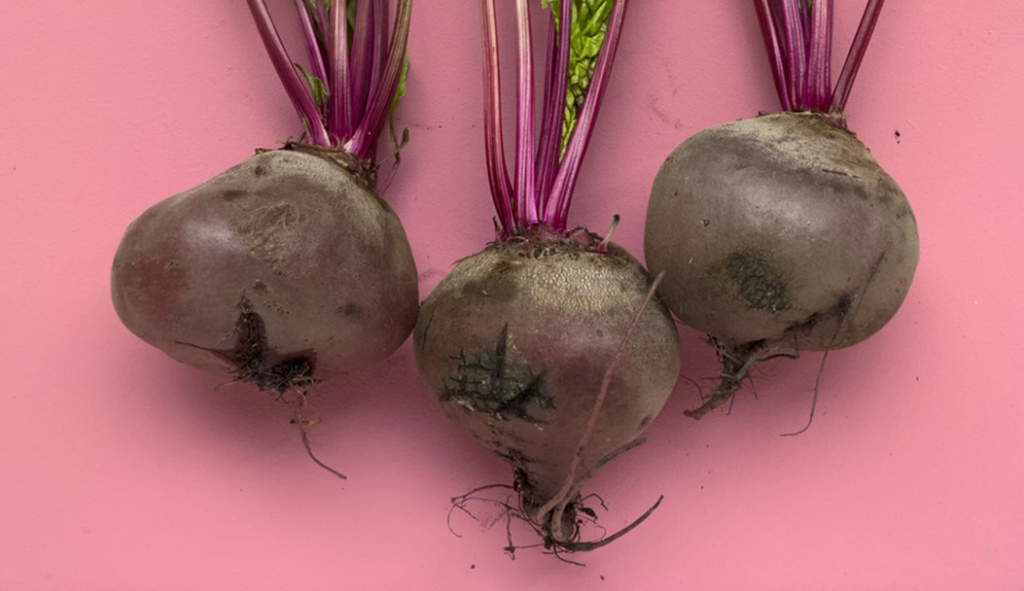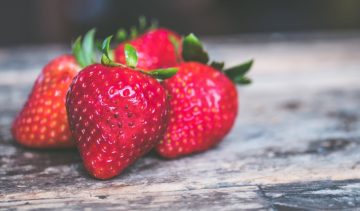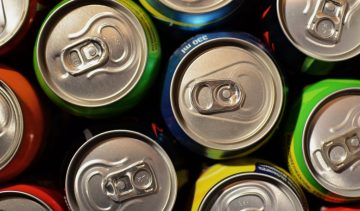Spring has begun! And with a new season, there are also new seasonal vegetables. Fortunately, it is getting better weather, so we can swap the stews for salads and maybe even eat outside in the sun! Extra vitamin D, yay! Monday we explained which fruit is available during the spring season, today we will discuss the vegetables.
Celery
This crispy vegetable is super healthy! In ancient times celery was used as a medicine, we actually started to eat it as food later. Celery contains many vitamins and minerals. Mostly vitamin K, but also vitamin A and folic acid. Vitamin K is needed for healthy blood clotting and bones, vitamin A is good for the skin, bones and eyes and folic acid is needed for growth and the production of white and red blood cells. Celery is therefore very healthy for children and pregnant women. But celery can also help when you suffer from fluid collections, since the electrolytes of celery ensure that fluids is excreted in the urine.
Celery is not only nice in a dish, but is also very tasty to eat as a snack. Cover the stick with peanut butter, cream cheese or hummus for some extra flavor.
Rhubarb
Rhubarb is also very healthy. Rhubarb is a source of minerals, mainly calcium, potassium and manganese. Calcium is needed for strong bones and good muscle function, also potassium contributes to good muscle function and it also lowers the blood pressure. Manganese improves the metabolism and bone health. Rhubarb contains a lot of fiber which is good for the digestion and helps losing weight. Partly thanks to the fibers, rhubarb reduces the bad cholesterol.
Rhubarb has a sour taste, that is why not everybody likes it. But if you like it, you can make a delicious rhubarb sauce or have it in a dessert.
Beetroot
Red beets are part of the Dutch cuisine. And that is great, because it is a superfood! Nutrients in beetroot are folic acid, manganese, potassium, iron and vitamin C. The combination of iron and vitamin C works well, since these nutrients are absorbed more efficiently together. Iron transports oxygen in the body and vitamin C increases resistance. A shortage of these nutrients causes fatigue. In addition, beetroot reduces blood pressure because it is rich in inorganic nitrates. Athletes sometimes drink a glass of beet juice before the game, since it increases exercise capacity. It improves performance, endurance and oxygen consumption.
Carrot
You probably know that carrots contain a lot of vitamin A, but in addition, they also contain a lot of vitamin C, vitamin B1, vitamin B2, calcium and iron. It is often said that carrots are good for your eyes, and that is right! This is because vitamin A transforms light into signals to the brain. A deficiency of vitamin A causes dry eyes and night blindness. Carrots also contain antioxidants that has anti-inflammatory properties. That is why it might be a good idea to drink some carrot juice during a cold!
What is your favorite vegetable?

Sanne Kwakkelstein
Lifestyle Coach. Helps you get the best out of your body. Loves to travel, to cook and husky’s.









